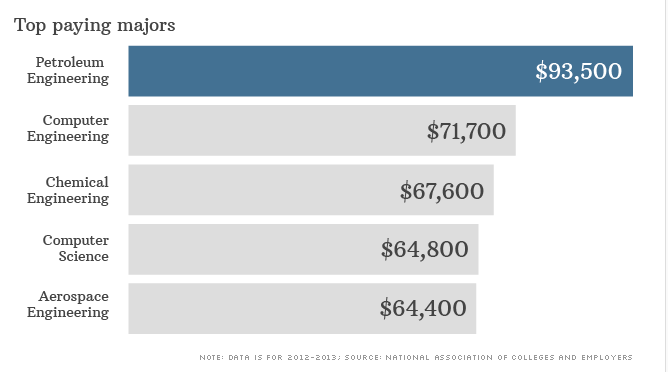In 2013, 14000 Indian students entered into Canada, this is nearly four times more Indian students entered in Canada in 2008. Though the absolute number of Indian students studying in Canada is small as compared to those Indian students studying in US, UK and Australia but 400% jump (from 3853 to 14000) in last 5 years (2008-2013) reveals "How Brand Canada has successfully lured Indian students"

Why is Canada has emerged as one of the favorite study destinations for Indian Students
1. Easy work permit after graduating as compare to UK and US
- Indian students graduating from Canadian universities are encouraged to take up employment in the country. The Canadian “Post-Graduation Work Permit” program offers students work permit for a period of time equal to the duration of the course or, for the maximum of three years.
Duration of Study (Year)
|
Post-Graduation Work Permit (No. of Years)
|
1
|
1
|
1..5
|
1.5
|
2
|
3
|
3
|
3
|
4
|
3
|
- The table above illustrates, if a student completes a one year course in Canada, then he/she will be granted a one year post-graduation work permit. If a student studies for 2 years or more, then he/she will be granted a three year post-graduation work permit. The students can later apply for permanent residency in Canada
- On the other hand, UK has tightened its visa rules for the Indian students. The country has discontinued a two-year post-study work permit. Foreign graduates will be allowed to remain in the UK only if they have skilled job offers under the Tier 2 work permit category.
Read Articles: FAQs for Indian students to study in Canada
2. World class education infrastructure- Canada's education system is excellent and ranks among the best in the world. The Canadian government has granted funds to these universities for research and development. Canadian government spends on education close to 5.5% of its GDP, which is one of the highest in the world.
- Canada's high academic standards and rigorous quality controls mean that the students will earn high quality education. The degree earned is recognized across the world. The Canadian government and industry together support research including: telecommunications, medicine, agriculture, computer technology and environmental science.
3. Value for money
- Despite of providing the world class education, Canadian universities charge the lowest tuition fees compared to other universities in English-speaking countries.
- International students are permitted to work in Canada while they study – both on and off-campus. This permit allows students to work for 20 hours per week. This applies to all full-time students enrolled at a public university, community college, vocational college, a publicly funded trade or technical school, or a private institution.
- Scholarships availability, possibility of good savings after expenditure on education and high employ-ability after the degree makes Indian students to choose Canada as their favored destination
4. Safest country
- The United Nations ranked Canada as one of the safest and best places in the world to live.
- Canadians are very friendly and open nature. As an international student in Canada, you’ll enjoy all of the same freedoms which protect Canadians – respect for human rights, equality, and a stable and peaceful society.
- There has been no racists attack on Indians as experienced unlike in other English speaking countries
For Indian students, Canada offers a great potential to grow and to explore higher education. Easy work permit and permanent residency are benefiting Canada as global education destination.


